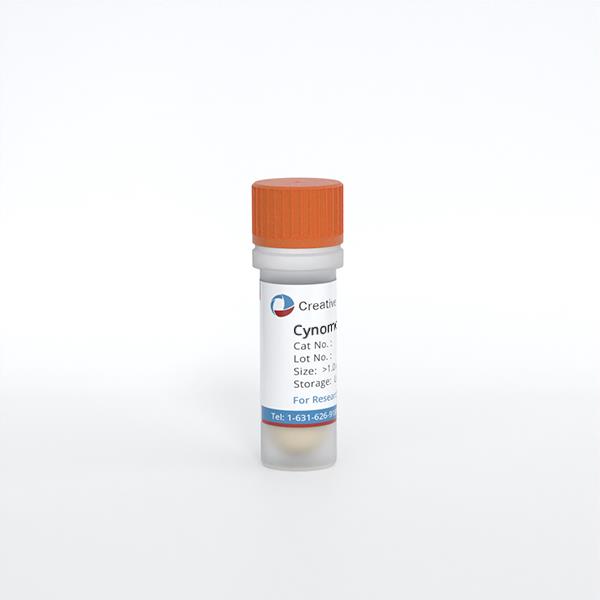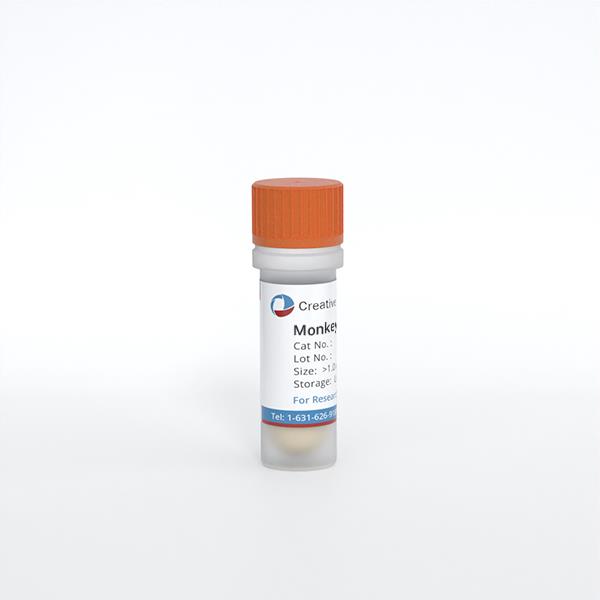Featured Products
Hot Products
ONLINE INQUIRY

Cynomolgus Monkey Bone Marrow CD34+ Cells
Cat.No.: CSC-C1333Z
Species: Monkey
Source: Bone Marrow
Morphology: Polygonal
Cell Type: CD34+ Cell
- Specification
- Q & A
- Customer Review
Cat.No.
CSC-C1333Z
Description
The progenitor cells are derived from the bone marrow of monkey bone marrow CD34+ cells are isolated from bone marrow. CD34+ progenitor cells are suitable for a series of studies for directed differentiation into more committed types of blood cells and endothelial lineages. Immediately after isolation, the freshly prepared CD34+ progenitor cells are cryopreserved using a serum-free cryopreservation medium.
Cynomolgus Monkey Bone Marrow CD34+ Cells are assessed for viability (>70%) and cell surface marker analysis for CD34 (>80%) assessed via flow cytometry.
Species
Monkey
Source
Bone Marrow
Recommended Medium
Lymphocyte Medium
Morphology
Polygonal
Cell Type
CD34+ Cell
Disease
Normal
Shipping
Dry Ice.
Storage and Shipping
Directly and immediately transfer cells from dry ice to liquid nitrogen upon receiving and keep the cells in liquid nitrogen until cell culture needed for experiments.
Note: Never can cells be kept at -20°C.
Note: Never can cells be kept at -20°C.
Citation Guidance
If you use this products in your scientific publication, it should be cited in the publication as: Creative Bioarray cat no. If your paper has been published, please click here to submit the PubMed ID of your paper to get a coupon.
Ask a Question
Write your own review
Related Products


